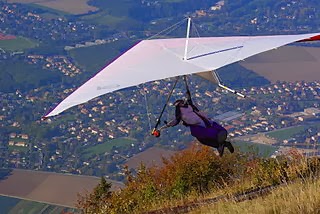Many of the goals I set for myself at the beginning of the year have to be set aside. Fortunately, my predecessor and mentor is coming out of retirement to take on most of my responsibilities as Director of Teaching and Learning (DT&L). He will oversee the Visual Arts and Performing Arts curricular reviews. He will participate in the remaining 360 faculty evaluations scheduled for the year. He will take over leadership of the Professional Development Committee, shepherd through the second year of our sabbatical process, and support our first year teacher induction program. Finally, (and most dear to my heart) he will take charge of my five interns.
People I haven't seen since the interim announcement congratulate me, my extended family sees this as a plum, even a temporary promotion (principal makes more sense than Director of Teaching and Learning) . My immediate family and friends know I don't see it that way -- I see it as moving down the hall to a different office, switching administrative assistants, and trading one set of responsibilities and opportunities for another. Furthermore, I know that the challenge to create space for thinking, creating, and planning will multiple exponentially. Part of my role as DT&L was to meet with each of our principals and create space through our conversations for them to take in the bigger picture. Being principal brings with it the unpredictability of students and their parents. Equally, as principal I will be directly responsible for a large faculty rather than the eleven folks who currently report to me. This brings with it another level complexity. In honesty, this dailiness and what one colleague calls the firefighter nature of being a principal is what concerns me the most. At the same time, the opportunity to be in relationship with more of Westtown's constituents is one of the draws to my move down the hall.
I suspect that there are some on the Upper School faculty who are hoping that with an interim, we will take a collective deep breath and hold off on further transformations-- just teach our classes and consolidate the changes already made. Indeed how much change can a six month interim reasonably expect to effect. And yet, when our Head of School asked me what I was excited about in taking on this work, I realized it was the ability to better drive the Upper School initiatives I was supporting in my DT&L role. The next six months will see the actualization of four projects in the works for quite a while. Two will be trans-formative, the other two will require systemic disruptions to the way we have "always" done things.

So I have new/old goals for the rest of the year:
- To ask lots of questions
- To bring my full attention to the person/people sitting with me in my office
- To do this work before me with integrity
- To lead our faculty through to realization of the school's initiatives
- To challenge our faculty to be stewards of our students and the world they live in.
- And to happily hand off this work to our new principal in July!








